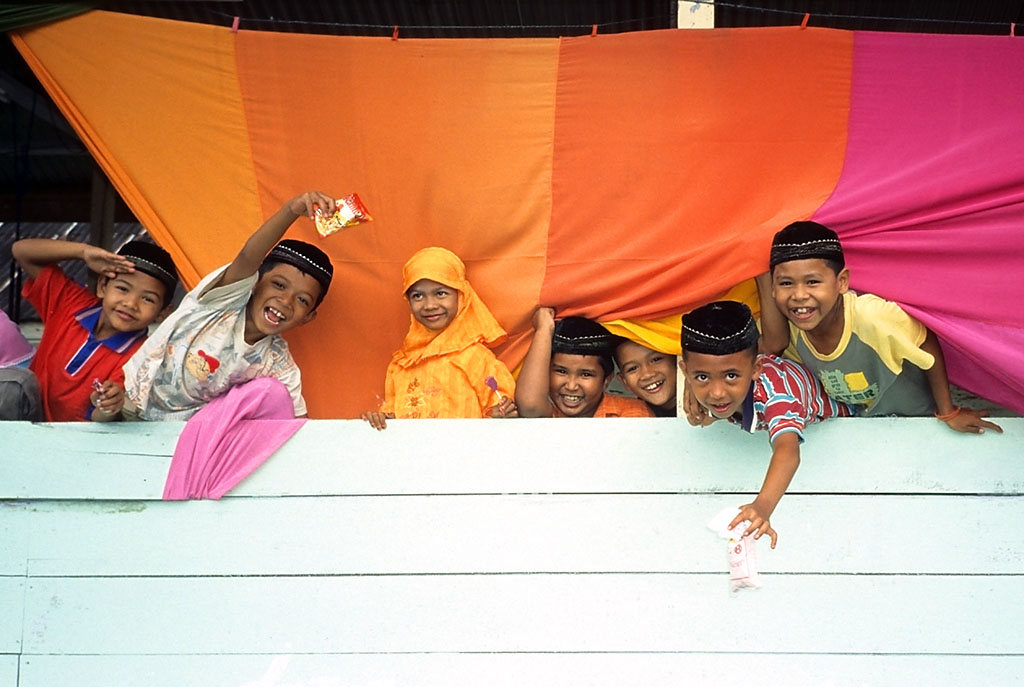Everyone aspires to live in a safe community. Every parent wants to know their children are safe. Sadly today, in the US, when it comes to schools there are many parents, children, and community members who feel increasingly anxious and unsafe. We (and likely many from other parts of the world) have been grief stricken over the latest school murders in Florida. I wish I could write that we have been shocked but unfortunately these horrific events have become such a regular fact of our national life that the shock element is missing. Instead we experience disbelief (not again!), deep grief, despair (will this ever end?) fear and insecurity (how do we stop this? Why do we allow this to continue?) anger (why are our national leaders not doing something about this?).
The students from Marjory Stoneman Douglas High School in Florida are providing national leadership. Their determination, courage, and intelligence are inspirational. As a country we have let them down, we have let all our children down. We can take responsibility for our failure by acknowledging it and by showing we will do everything we can to support them, and all the students around the country, as they push for change.
Our students are demanding a national reflection on basic values and responsibility. They recognize the desperate need to clarify and agree what needs to change around gun rights. The tragic element in all of this is that these deaths were not inevitable – we have brought this on ourselves, somehow willing to sacrifice our children rather than challenging the thinking, the fears and anxieties, and motivations underpinning the status quo. The overwhelming evidence is that access to lethal weapons is the main reason these mass murders continue unabated. For example, after a mass shooting in the UK in 1987 in which 16 people were killed, the UK Parliament banned the ownership of semi-automatic fire arms and following a 1996 massacre in a Dunblane Primary School it outlawed the possession of handguns. There has not been one school shooting in the UK since the passing of these laws. This evidence needs to be publicized and reinforced so the national debate on gun rights is based on solid fact and not wishful thinking. The students know this and are doing so.
The Board of Education in my community recently met (as they have all around the nation) to address school and community security and to give members of the public a chance to voice their concerns and their views.
I was impressed that our School Superintendent stressed the importance of getting to the cause and not just dealing with the symptoms of these tragic events. I was also heartened by his focus on building strong relationships as a key component to ensuring safety and security within the school community.
As a practitioner of restorative approaches, I have witnessed first-hand the positive results when schools adopt this approach. Building strong relationships by taking responsibility, expressing emotions in a safe environment, and putting things right is at the heart of a restorative approach. This has high potential to de-escalate painful and potentially dangerous emotions like anger, hurt, and revenge. Taking responsibility for one’s actions and considering how these have affected others is fundamental, as is exploring what can be done to make amends. This increases trust and instils mutual respect, which in turn builds a strong sense of community. The potential for learning, about oneself and about others is significant. Research data and anecdotal evidence concludes that strong and inclusive communities are overwhelmingly safer and their members happier. In these kinds of communities trust is high and people feel respected and are treated fairly and with care. Schools that adopt a restorative disciplinary approach in dealing with everyday wrongdoing or conflicts report a significant drop in suspensions and exclusions. These components are the foundation of safe and flourishing communities where violence is not used to settle grievances.
The basic message is: you are part of our community, we want you here, but your actions are not acceptable. What can you do to modify your behaviour and how can we, your community, support you?
Practical security measures are important to consider but these won’t provide the critical elements of communal respect and trust that is the basis of real security. Resource Officers can play a vital role in building close relationships with students and help keep a pulse on interpersonal and intergroup school dynamics.
As communities across the nation grieve at these recurring tragedies and determine how to support the student leadership’s quest for change, it is my sincere hope that the national response from educators will be to strengthen relationships and build inclusive and restorative communities where all the members are committed to supporting each other and keeping each other safe.
Links
http://worldhappiness.report/ed/2017/
https://www.ed.ac.uk/education/election-briefings/restorative-approaches
https://everytownresearch.org/gun-violence-by-the-numbers/
http://www.latimes.com/opinion/op-ed/la-oe-hughes-bryant-gun-violence-research-20180226-story.html


Leave a Reply